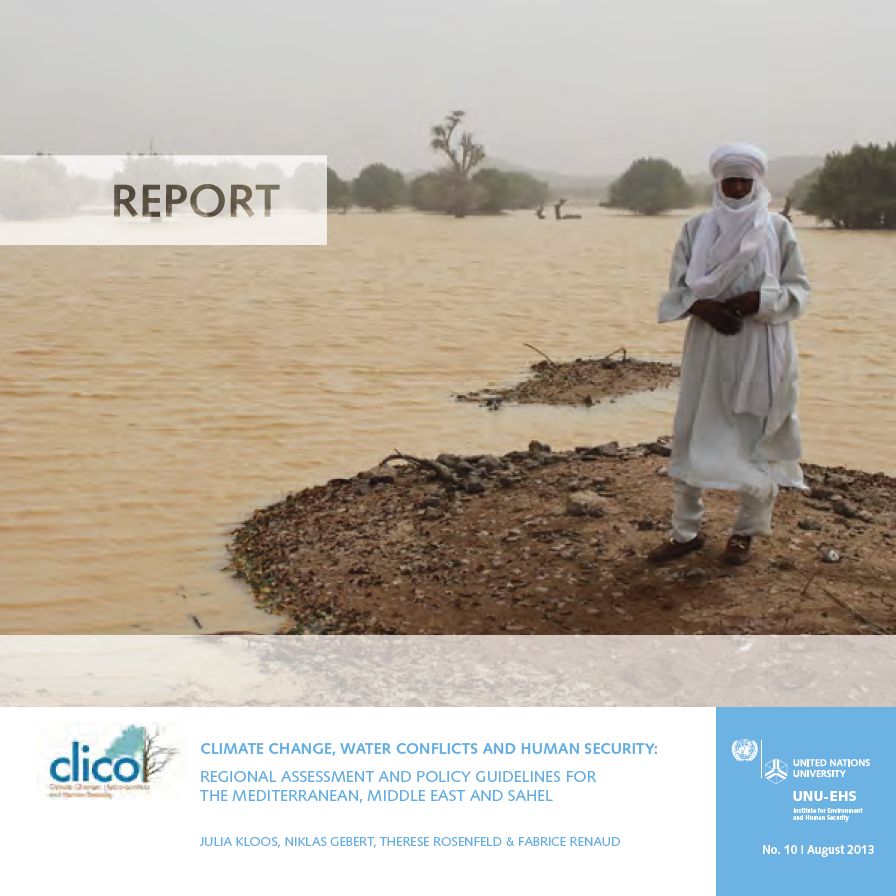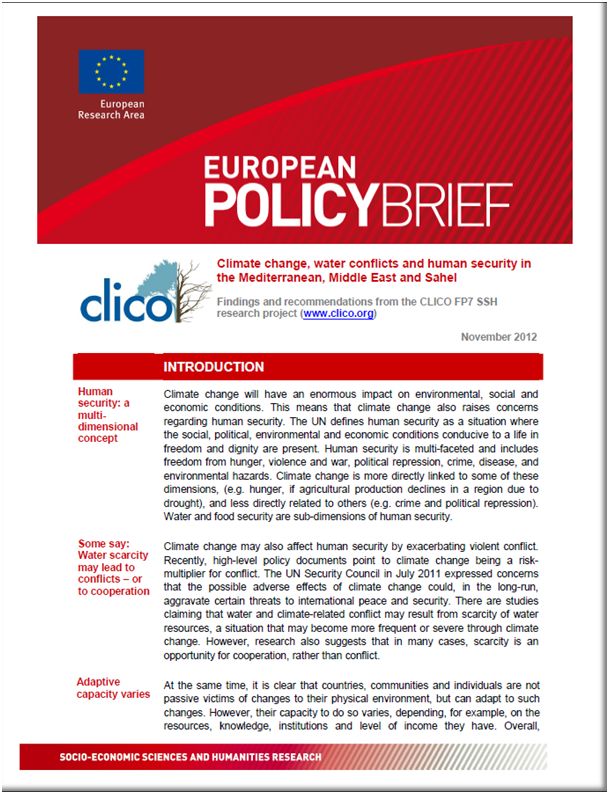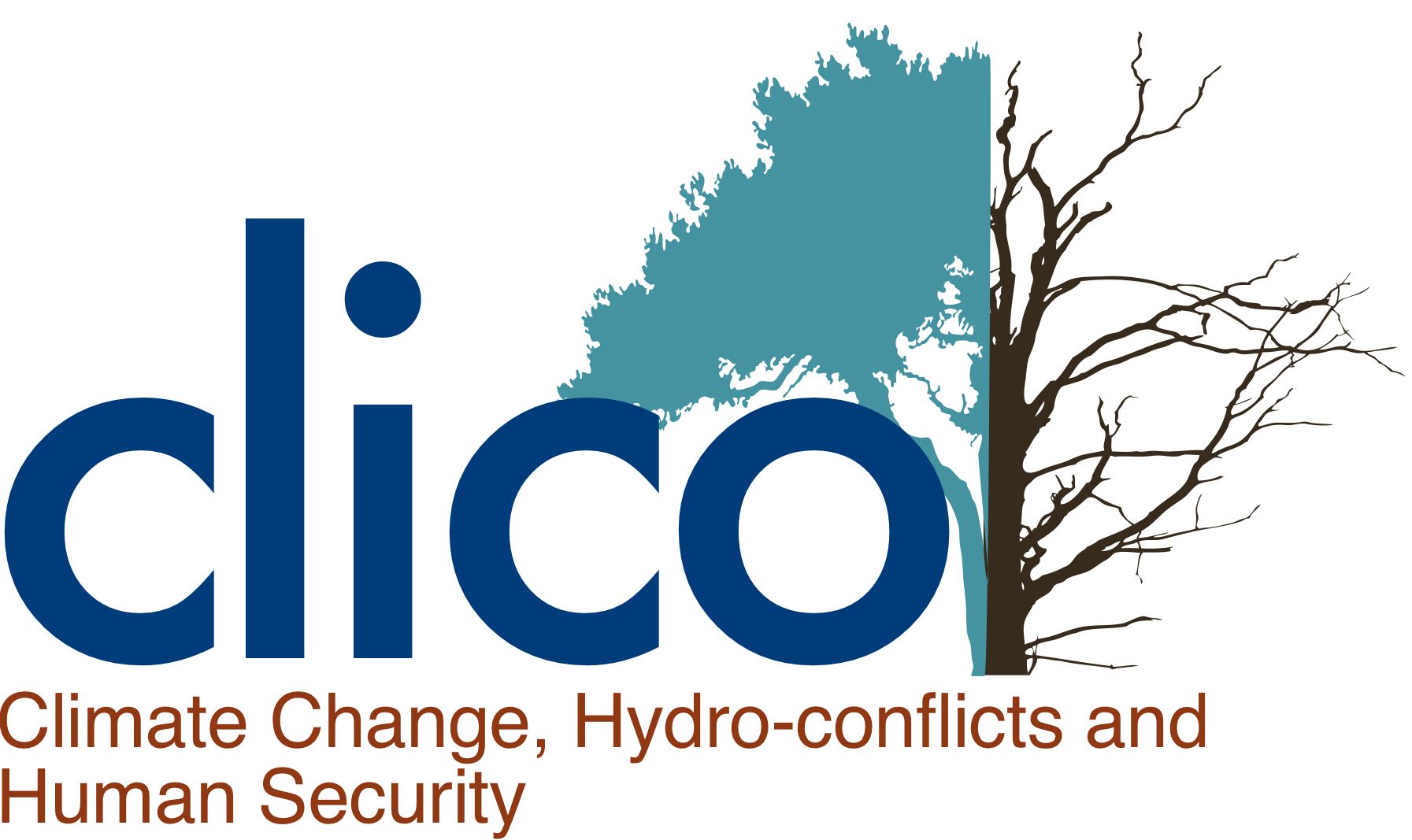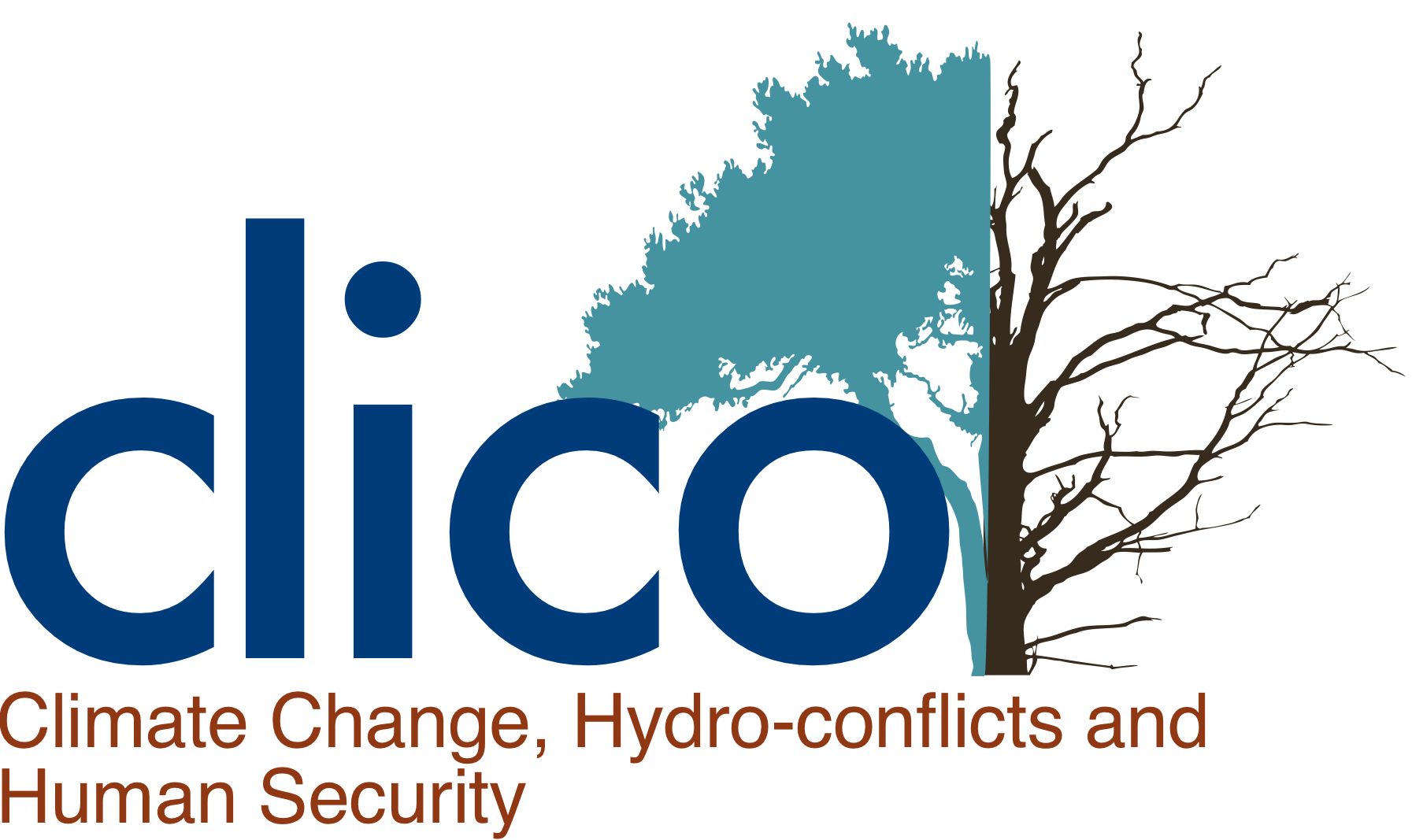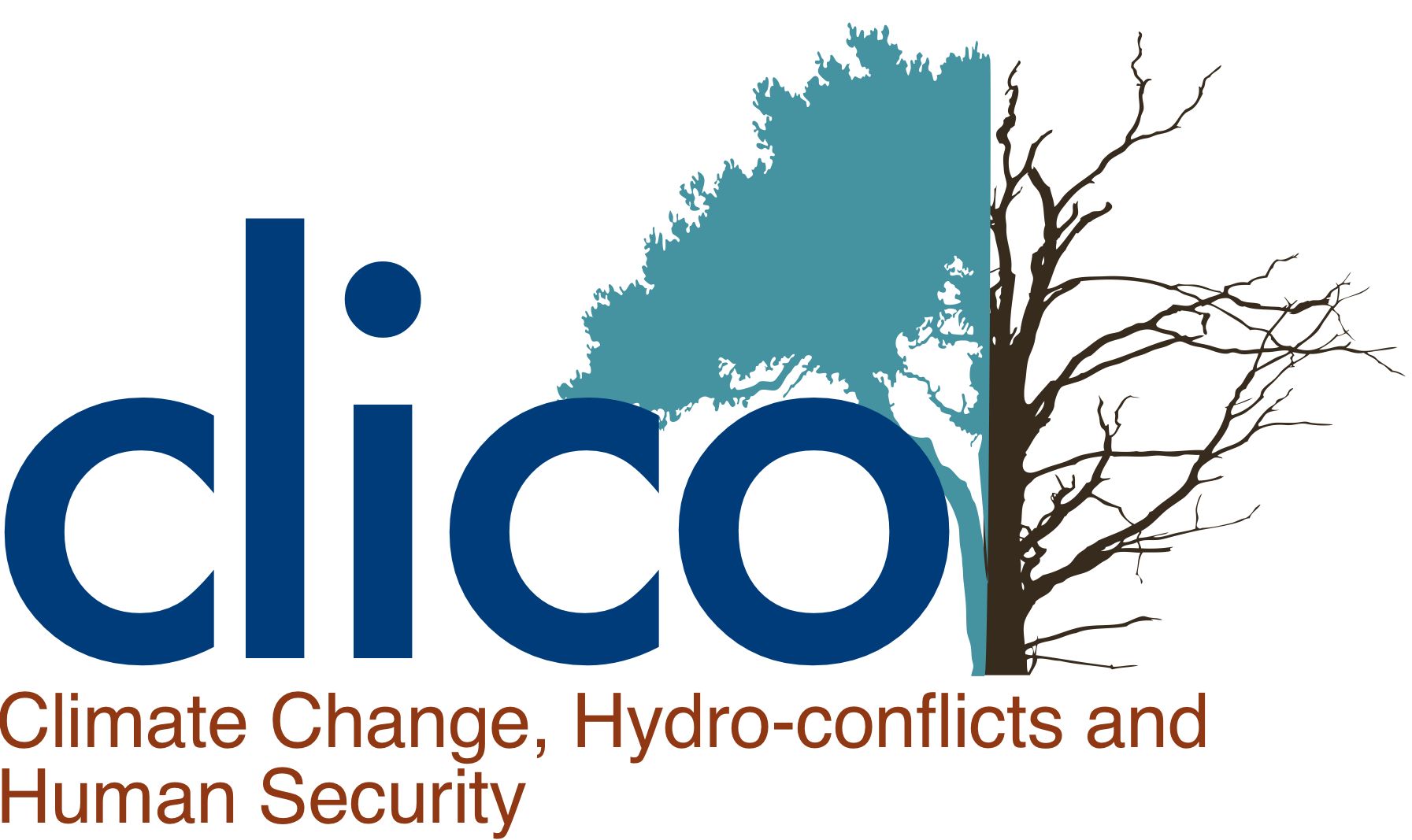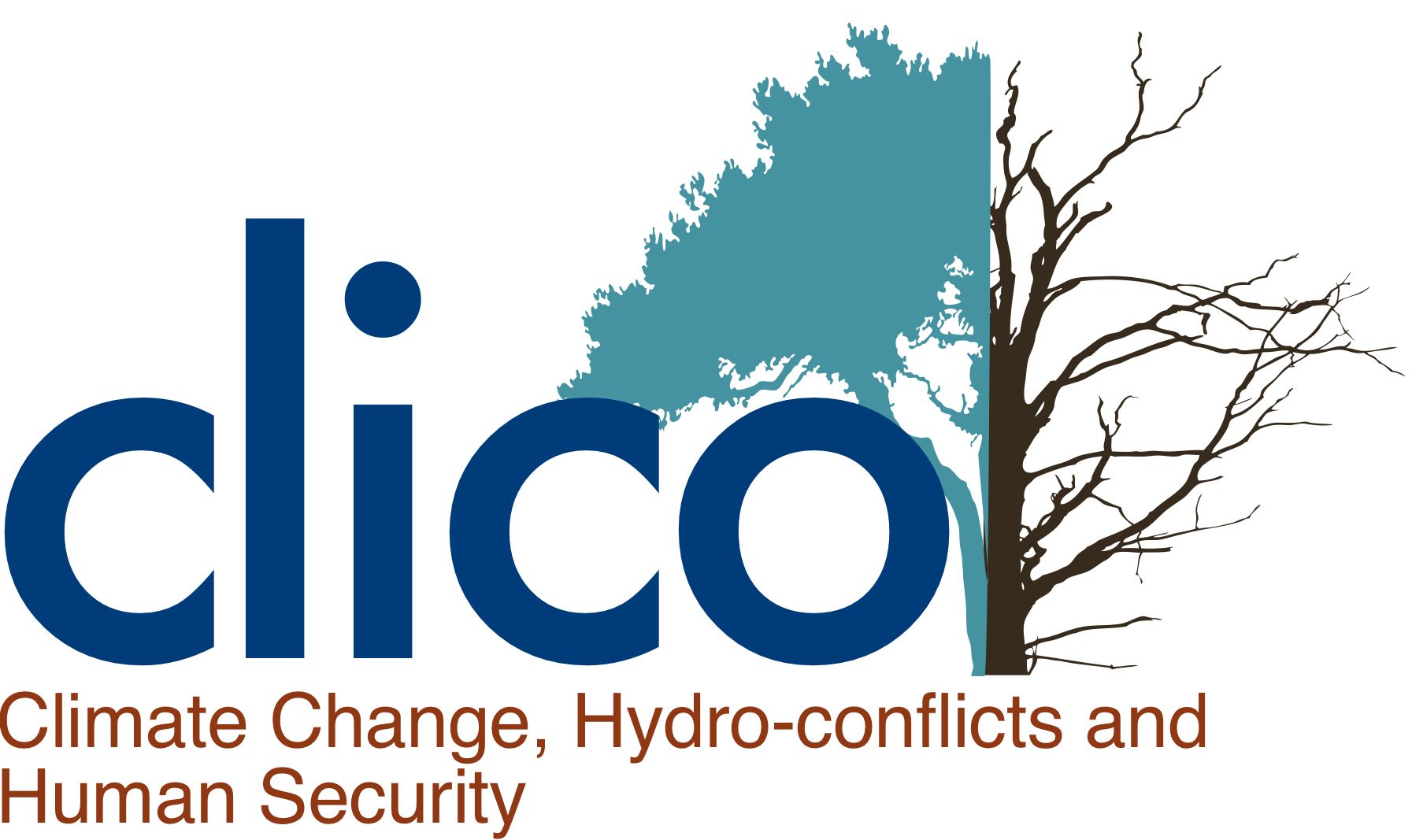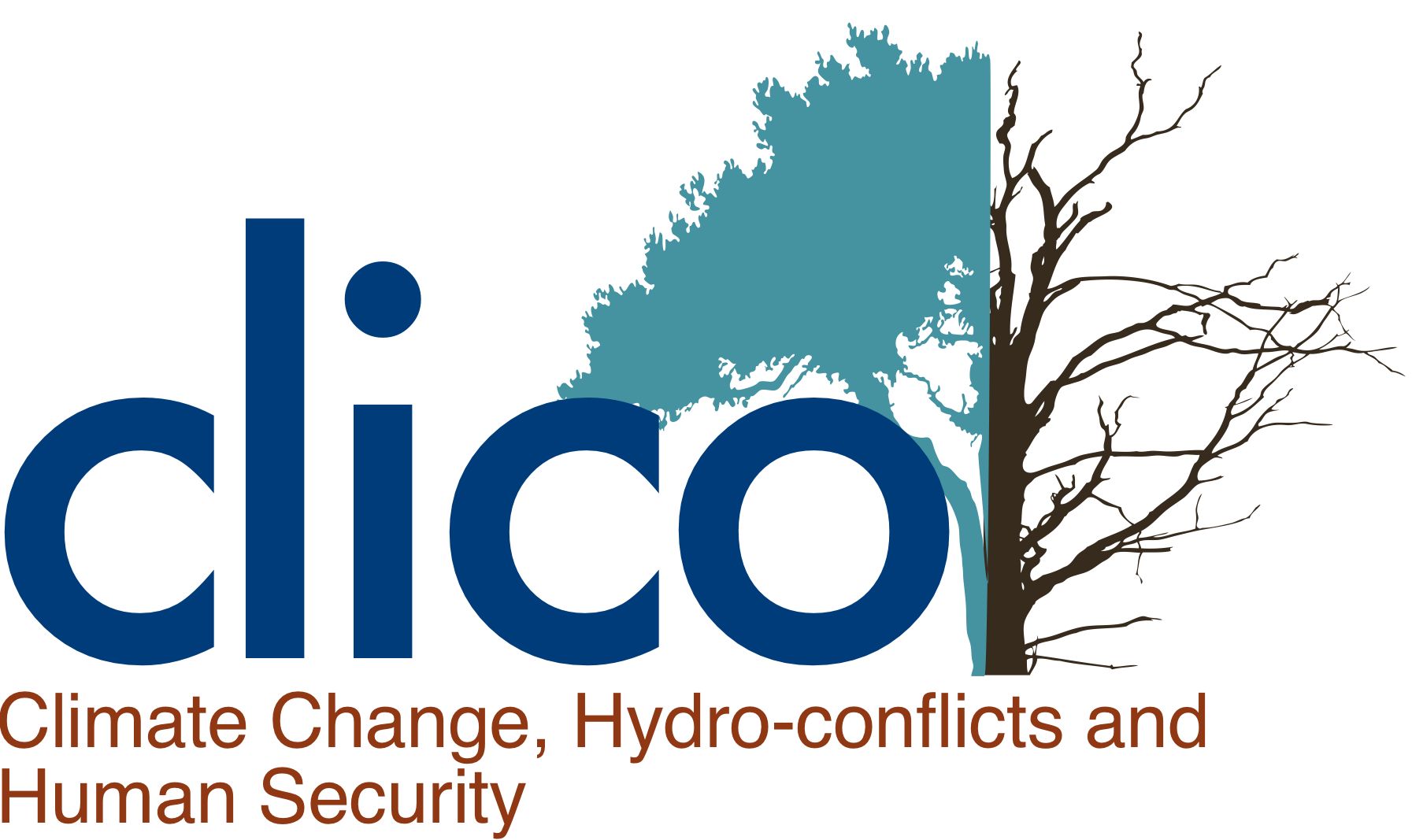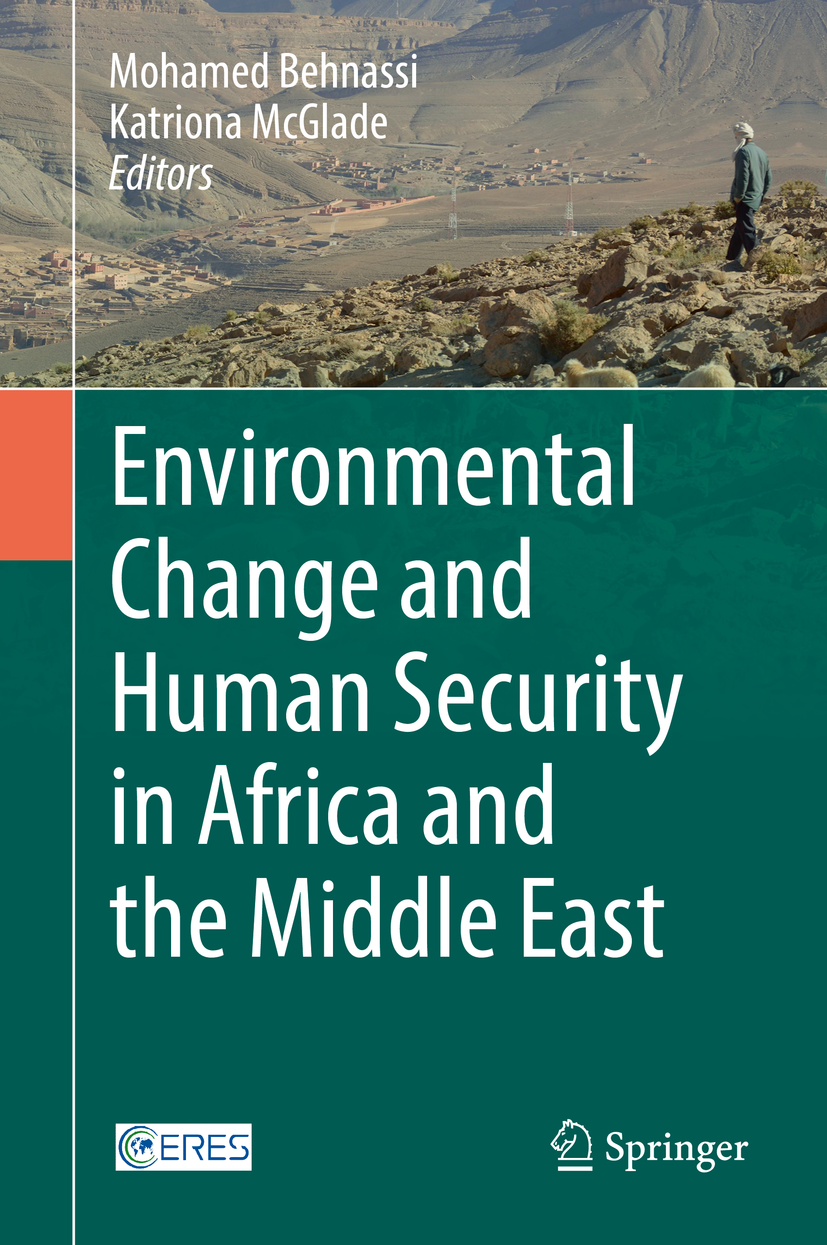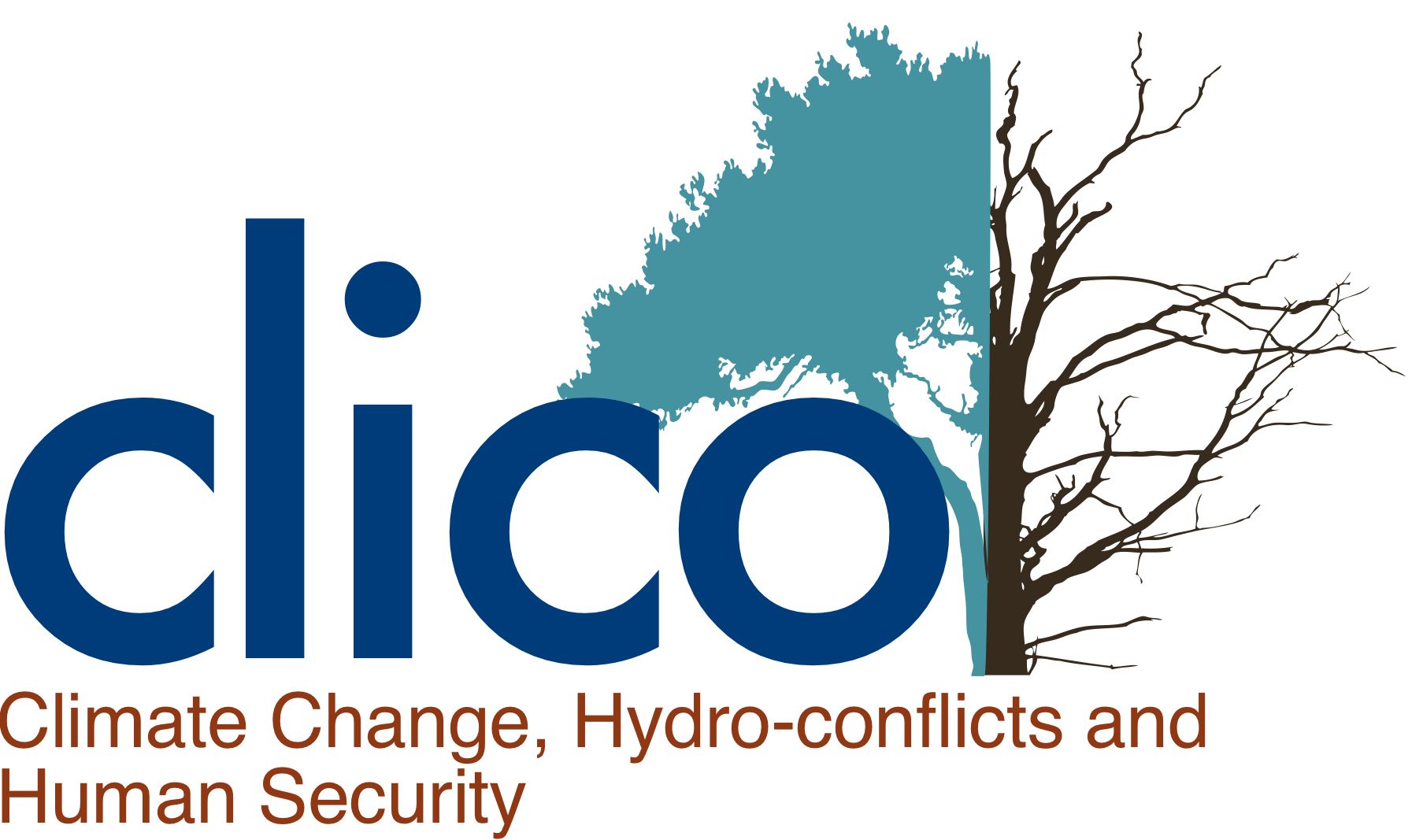Adapting to Climate Change
An Assessment of Vulnerability and Risks to Human Security in the Western Mediterranean Basin
- Publication
- Citation
Abdul Malak, D.; McGlade, K.; Pascual, D.; Pla, E. (2017): Adapting to Climate Change. An Assessment of Vulnerability and Risks to Human Security in the Western Mediterranean Basin. Springer Briefs in Environmental Science.
The Mediterranean Basin is extremely vulnerable to climate change. It is already experiencing the effects of higher-than-average temperatures and the increasing incidence of extreme events such as unprecedented heat waves, severe droughts, and major floods. A new book co-written by Ecologic Fellow Katriona McGlade examines the water-related impacts of climate and global change in the UNESCO Intercontinental Biosphere Reserve of the Mediterranean (IBRM) that straddles Spain and Morocco.
This is the first in-depth publication on a fascinating transboundary case study that includes a novel and integrated vulnerability assessment. The authors demonstrate that when climate change is coupled with other compounding factors (e.g. paucity of structural water resources, unsustainable socio-economic growth, or inadequate policy frameworks) it can lead to serious consequences for human security.
Climate change is predicted to affect the Spanish and the Moroccan sides of the UNESCO Reserve in similar ways. However, levels of vulnerability to climate change and potential consequences for human security vary considerably between the two countries. Differing socio-economic contexts and patterns of land-use in Spain and Morocco, as well as the capacity of their respective policy frameworks have an impact on their ability to mitigate environmental threats.
The authors consider the case of the IBRM by applying a new and integrated approach to assessing vulnerability that incorporates three distinct assessments (hydro-ecological, socio-economic and policy). Key research insights are accompanied by recommendations for reducing vulnerability and ensuring human security within the IBRM and the region as a whole.
The book [pdf, 1.9 MB, English] is available for purchase online.
- Language
-
English
- Authorship
-
Dania Abdul MalakDiana PascualEduard Pla
- Published by
-
Springer-Verlag, Germany - Year
- Dimension
- 120 pp.
- ISBN
-
978-3-319-51678-3 (Print), 978-3-319-51680-6 (Online)
- ISSN
-
2191-5547
- DOI
- Project
- Project ID
- Table of contents
-
Click to show full table of contents
1 Introduction
1.1 Existing Impacts of Global and Climate Change on the Mediterranean Region
1.2 Future Impacts of Global and Climate Change in the Mediterranean Region
1.3 Adaptive Capacity, Vulnerability and Human Security
2 The Intercontinental Biosphere Reserve of the Mediterranean
2.1 Background
2.2 Impacts of Climate Change on the Physical Environment
2.3 Impacts of Climate Change on Socio-economic Sectors
3 Impact Assessment
3.1 Approach and Methodology
3.2 Climate Change Scenarios
3.3 Hydro-Ecological Assessment
3.4 Socio-economic Assessment
3.4.1 Spanish Focus Group Outputs
3.4.2 Moroccan Focus Group Outputs
3.5 Quantification of Impacts
3.5.1 Impacts of Climate Change on the Physical Environment
3.5.2 Impacts of Climate Change on the Socio-economic Sectors
3.6 Conclusions
4 Policy Assessment
4.1 Approach and Methodology
4.2 Policy Frameworks
4.3 Spanish Policy Framework
4.3.1 Adaptation to Climate Change
4.3.2 Water Resources
4.3.3 Agriculture and Rural Populations
4.3.4 Tourism
4.3.5 Natural Systems
4.4 Moroccan Policy Framework
4.4.1 Adaptation to Climate Change
4.4.2 Water Resources
4.4.3 Floods and Drought
4.4.4 Agriculture and Rural Populations
4.4.5 Tourism
4.4.6 Natural Systems
4.4.7 Human Development
4.5 Policy Frameworks in the IBRM
4.6 Stakeholder Insights
4.6.1 Spanish Side of the IBRM
4.6.2 Moroccan Side of the IBRM
4.6.3 The IBRM
4.7 Conclusions
5 Vulnerability Assessment
5.1 Review of Vulnerability Assessment Approaches and Methods
5.2 Integrated Assessment of Future Ecological and Social Vulnerabilities of the IBRM
5.2.1 Approach and Methodology
5.2.2 Vulnerabilities in the Physical Environment
5.2.3 Vulnerabilities in Socio-economic Sectors
5.2.4 Summary of Vulnerabilities in the IBRM
5.3 Conclusions
6 Conclusions and Recommendations
6.1 Conclusions
6.2 Recommendations - Keywords
-
Climate change, Climate adaptation, Adaptive capacity, Migration, Human security, Food security, Water security, Floods, Water scarcity, Drought, Tourism, AgricultureMediterranean basin, Spain, MoroccoHydro-ecological model, Scenarios, Impact assessment, Vulnerability assessment, Policy assessment
Behnassi, Mohamed and Katriona McGlade (eds.) 2017: Environmental Change and Human Security in Africa and the Middle East. Springer International Publishing Switzerland.
Kloos, J., Gebert, N., Rosenfeld, T., and F. Renaud (2013). Climate Change, Water Conflicts and Human Security: Regional Assessment and Policy Guidelines for the Mediterranean, Middle East and Sahel. Report No. 10. Bonn: United Nations University Institute for Environment and Human Security (UNU-EHS).
Gerstetter, Christiane et al. 2013: Policy Frameworks to Address Climate-induced Risks to Human Security and Conflict - Recommendations. Ecologic Institute, Berlin.
Christiane Gerstetter, Katriona McGlade 2012: Climate change, water conflicts and human security in the Mediterranean, Middle East and Sahel - Findings and recommendations from the CLICO FP7 SSH research project (www.clico.org). Berlin: Ecologic Institute.
Speech:Is Human Security Relevant for Climate Adaptation?
- Date
-
- Location
- Marrakesh, Morocco
McGlade, Katriona and Elizabeth Tedsen 2012: Effectiveness of current policy frameworks in mitigating climate-induced risks relating to human security and conflict - case study on the United Nations. Ecologic Institute, Berlin.
McGlade, Katriona and Elizabeth Tedsen 2012: Effectiveness of current policy frameworks in mitigating climate-induced risks relating to human security and conflict - case study on the EU. Ecologic Institute, Berlin.
McGlade, Katriona and Isabelle Turcotte 2012: Effectiveness of current policy frameworks in mitigating climate-induced risks relating to human security and conflict - case study on Morocco. Ecologic Institute, Berlin.
Gerstetter, Christiane et al. 2012: The effectiveness of policy frameworks for addressing climate-induced risks to human security and conflict – Report on stakeholder perspectives and demands (short version). Ecologic Institute, Berlin.
Gerstetter, Christiane et al. 2012: The effectiveness of policy frameworks for addressing climate-induced risks to human security and conflict - Report on stakeholder perspectives and demands. Ecologic Institute, Berlin.
